Rights groups slam UK for endangering six Bahraini boys arbitrarily detained in orphanage
Human rights organizations have criticized the United Kingdom for endangering six Bahraini boys, whom they say have been detained at an orphanage in the Persian Gulf kingdom for two months and interrogated without lawyers.
The Bahrain Institute for Rights and Democracy (BIRD) and other rights group said recent remarks by British ministers supporting Bahrain's justice system, have put the teenagers in danger and placed them at risk of further abuse.
Among the statements of concern are those made by British minister of state for Europe and North America, James Cleverly, to parliament last month, in an answer given to Scottish National MP Brendan O'Hara, who asked about the boys' case.
The groups complained in an open letter to Foreign Secretary Liz Truss that his response appeared to condone the boys' arrests and arbitrary detention despite the fact that their treatment violates the UN Convention on the Rights of the Child and UNICEF guidance.
“This is not the first time that the minister has been asked to correct the record over the abuse of Bahraini children, after issuing one-sided biased statements that parrot the Bahraini regime and put children at risk,” Sayed Ahmed al-Wadaei, Bird's advocacy director, said.
“If the UK is serious about its credibility on human rights, it must end its damaging hypocrisy and call out violations committed by its despotic allies in the Persian Gulf,” he added.
The rights groups also point to a visit last month to Bahrain by the Conservative peer Tariq Ahmad, during which he met with King Hamad and three ministers, and tweeted his support for Manama's so-called restorative justice law.
While Ahmad was still in Bahrain, five cross-party UK parliamentarians urged him to raise the cases of political prisoners, including the six children, with Bahraini authorities.
Bahrain's public prosecution alleges that the boys, who were 13 and 14 at the time of their alleged crime, threw Molotov cocktails that damaged a car near a police station in the island of Sitra, located around 5 kilometers (3.1 miles) south of the capital Manama, in 2020.
They also have been denied any family visits and are only permitted one 10-minute long phone call each week, according to the findings.
Bahrain’s most prominent cleric Ayatollah Sheikh Isa Qassim has said that drawing up a new constitution is the only way out of the political crisis in the protest-hit tiny Persian Gulf country, urging the regime in Manama to pursue an agreement with the Bahraini opposition instead of increasingly suppressing dissent.
Demonstrations have been held in Bahrain on a regular basis ever since a popular uprising began in mid-February 2011.
The participants demand that the Al Khalifah regime relinquish power and allow a just system representing all Bahrainis to be established.
Manama, however, has gone to great lengths to clamp down on any sign of dissent.
VIDEO | 39th AU summit opens in Addis Ababa with focus on water security, peace, and development
VIDEO | Iran: The stronghold Washington lost
Anti-Iran ‘Munich circus’ shows Europe has lost geopolitical weight: Araghchi
Swiss to act as venue of next round of Iran-US talks: Report
Report: Over 50,000 soldiers fighting in Israeli military hold foreign citizenship
Danish PM warns US attack on Greenland would spell end of NATO
Power running out at key Gaza hospital, ICU patients at risk: Report
VIDEO | Press TV's news headlines


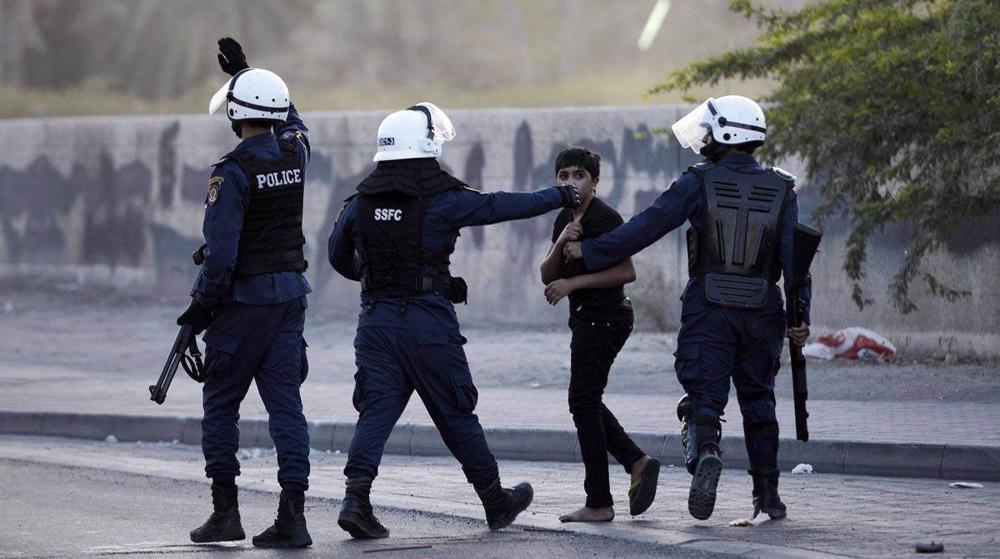
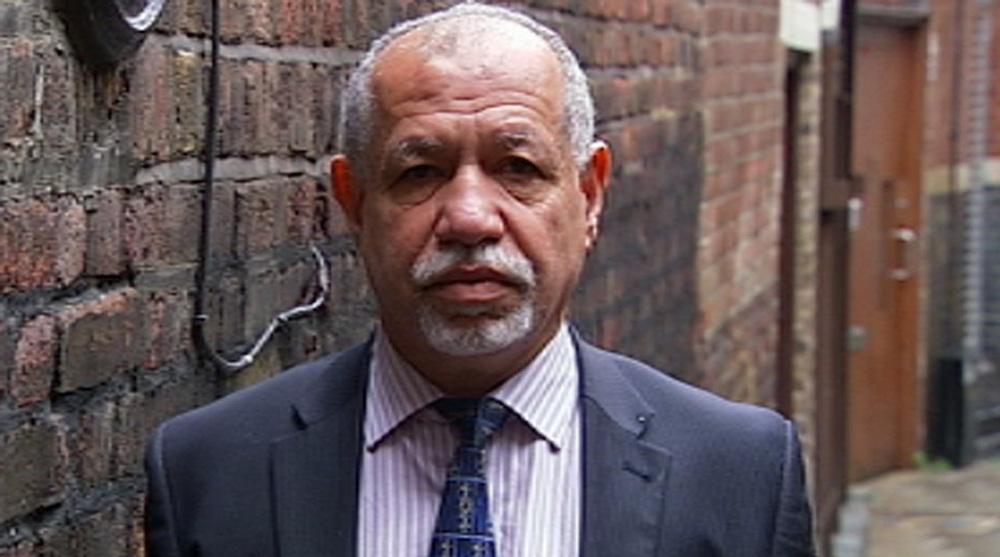
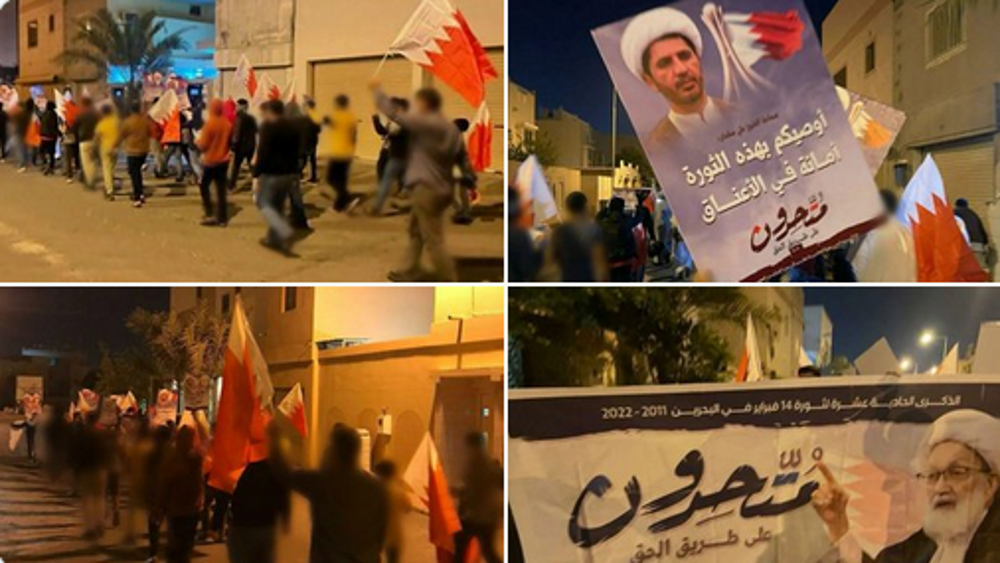
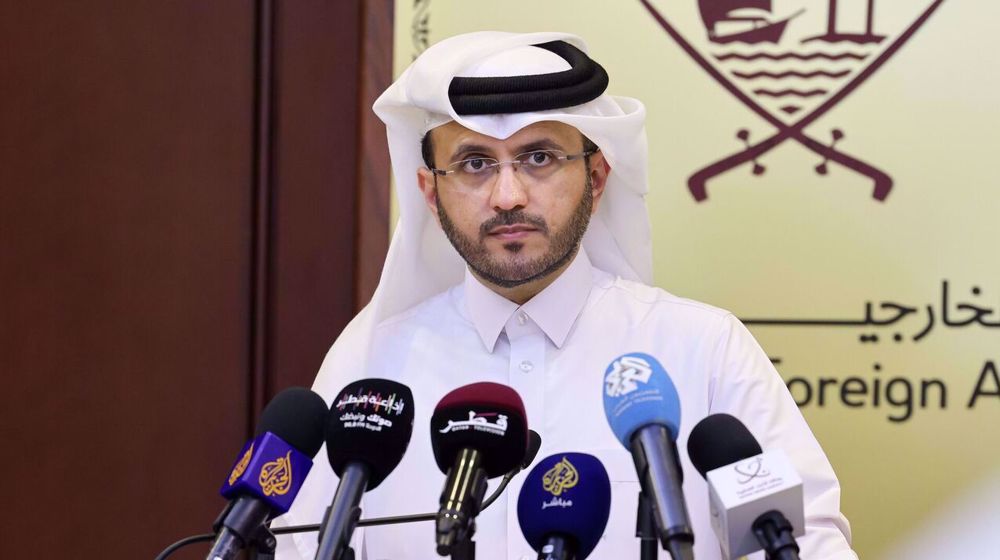
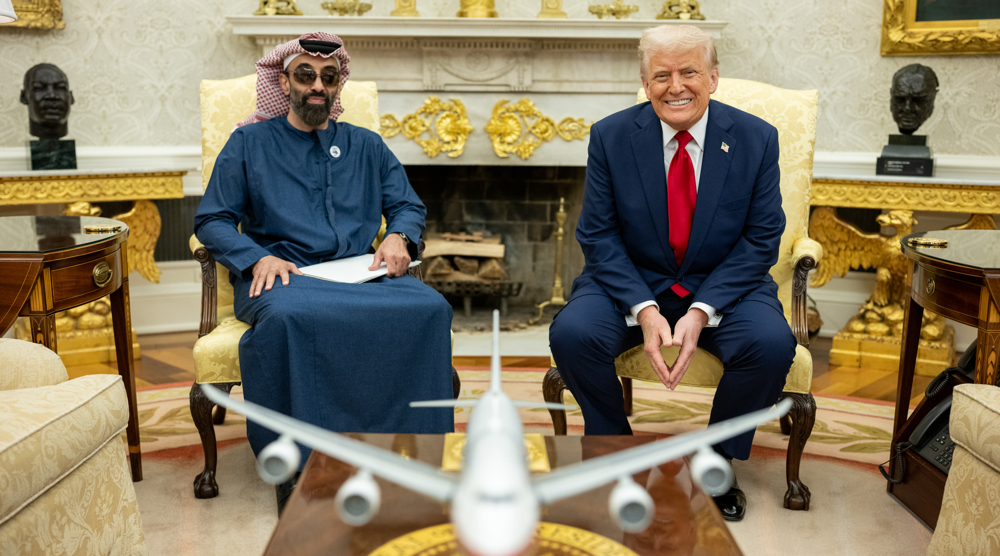
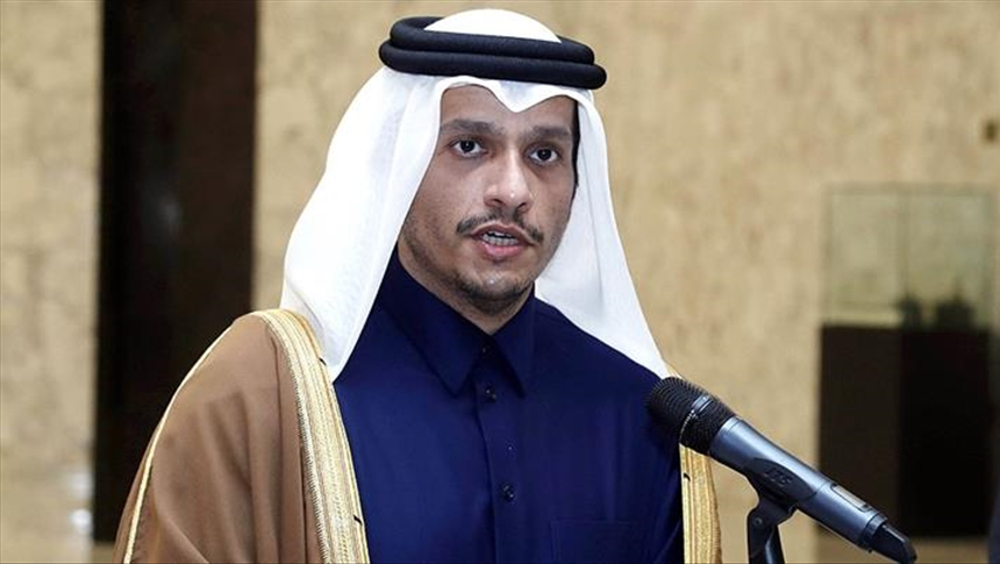



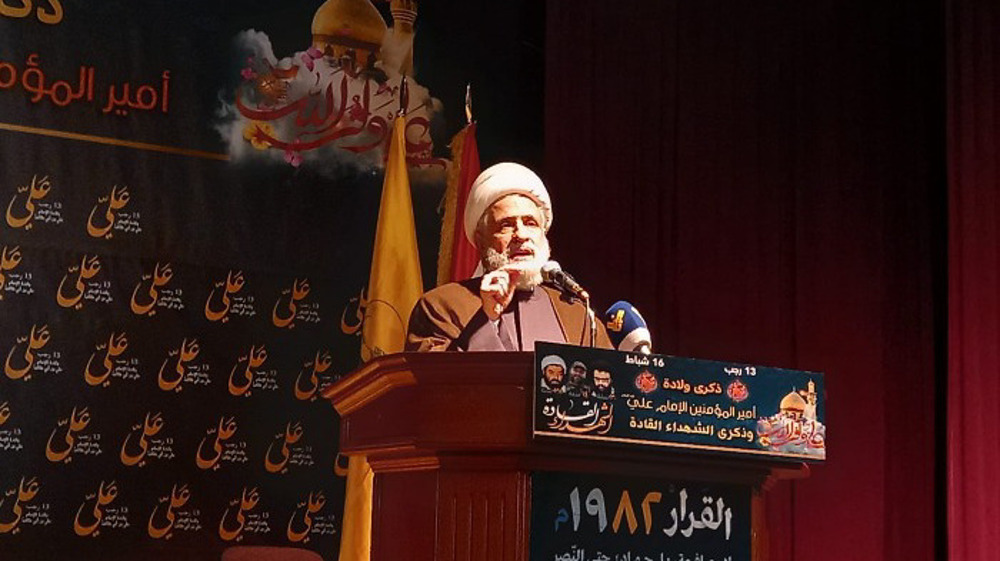
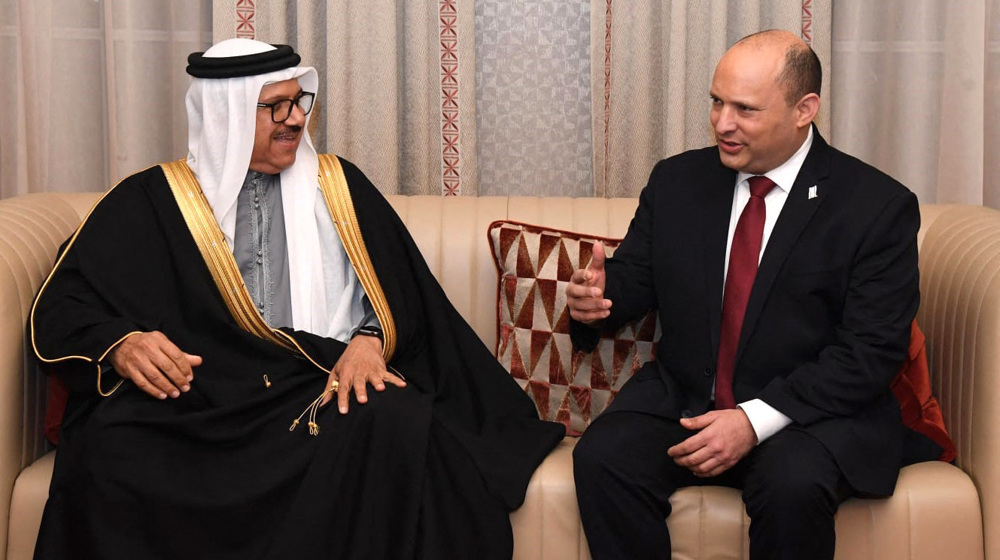
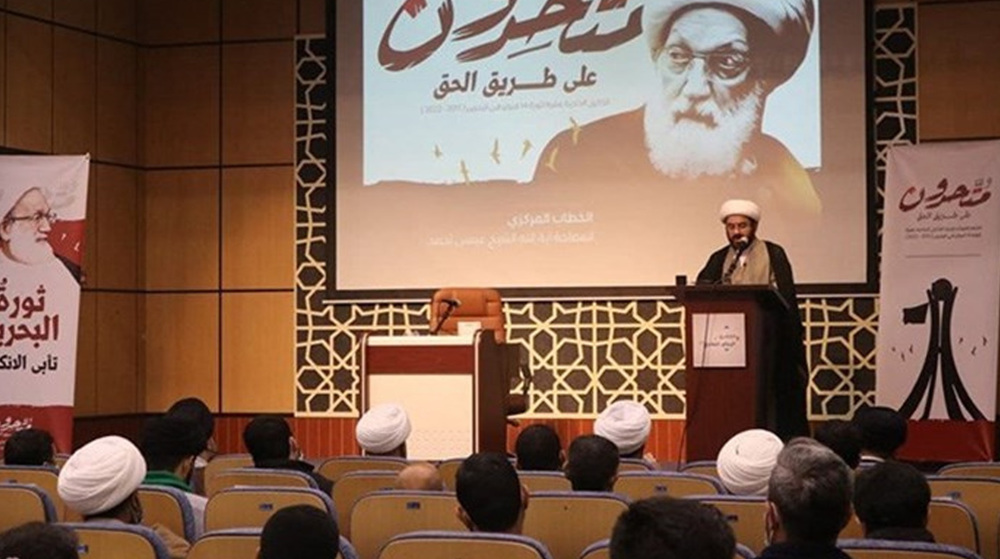
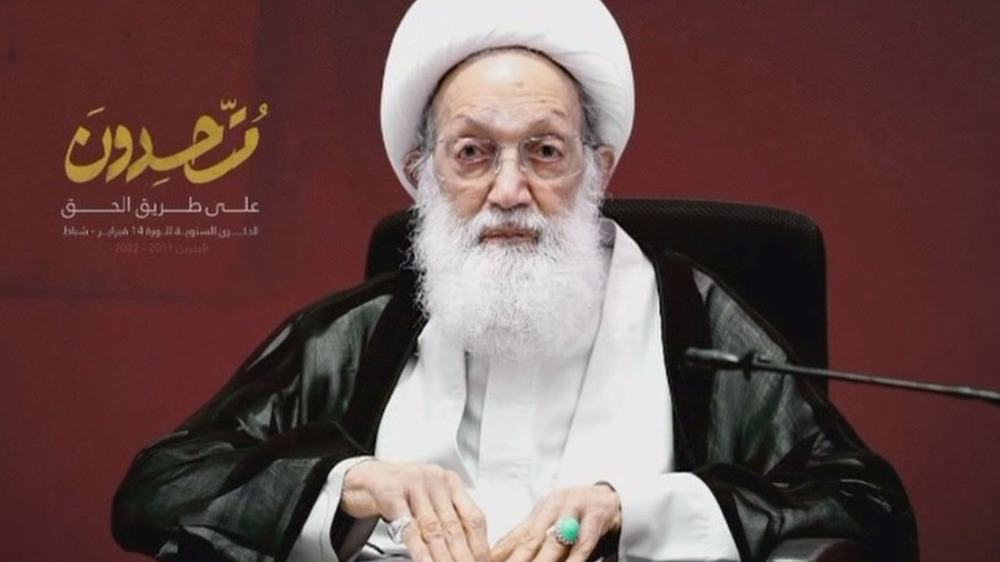
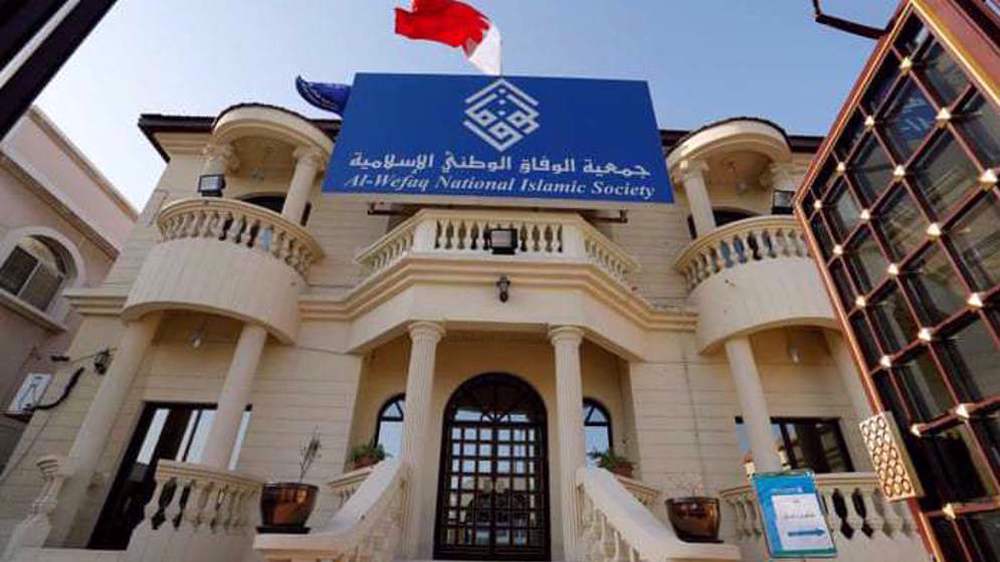
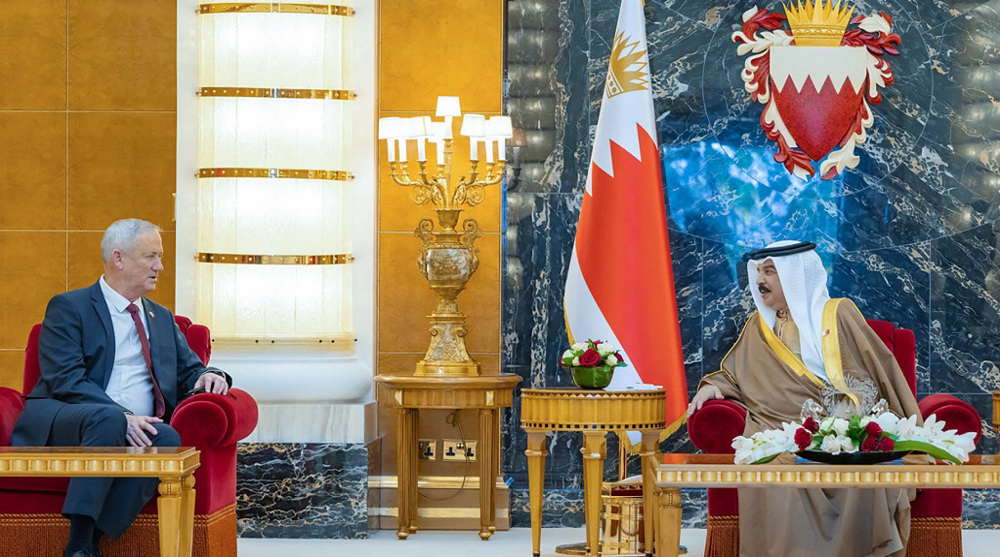
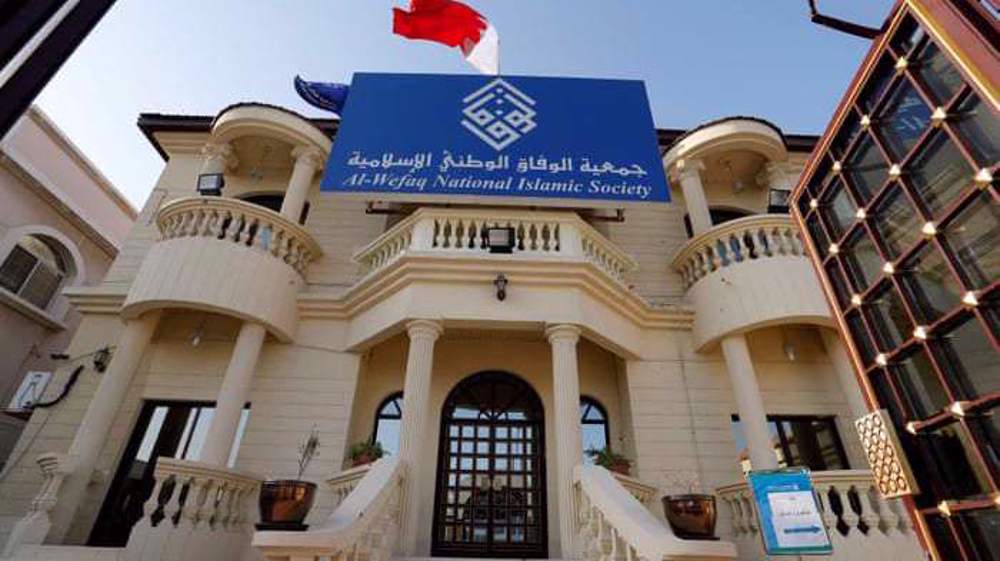
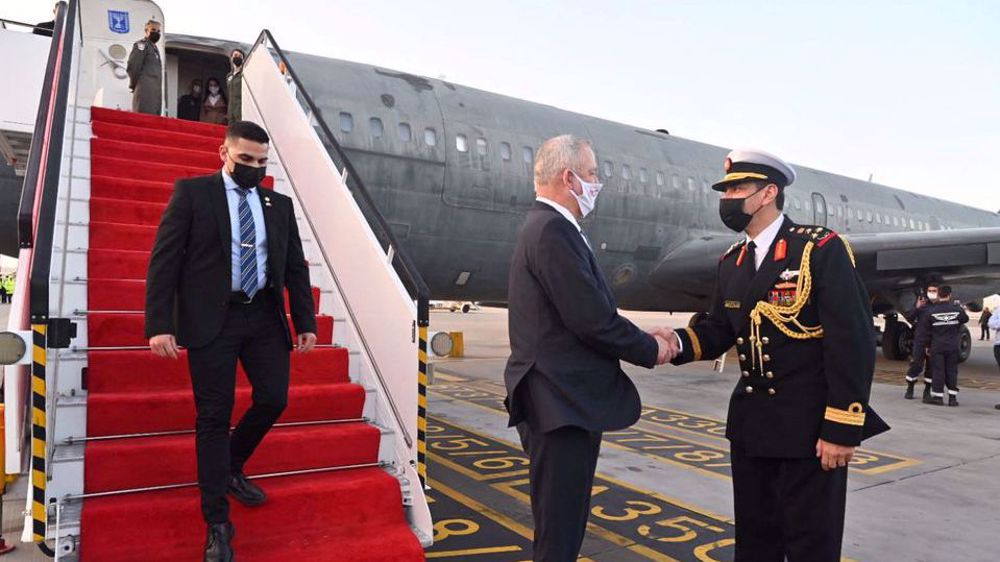
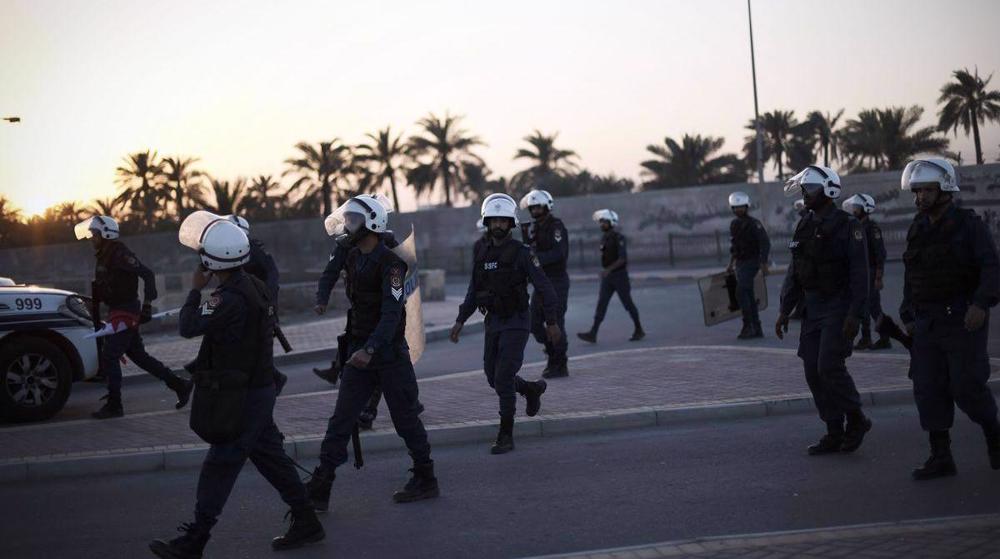
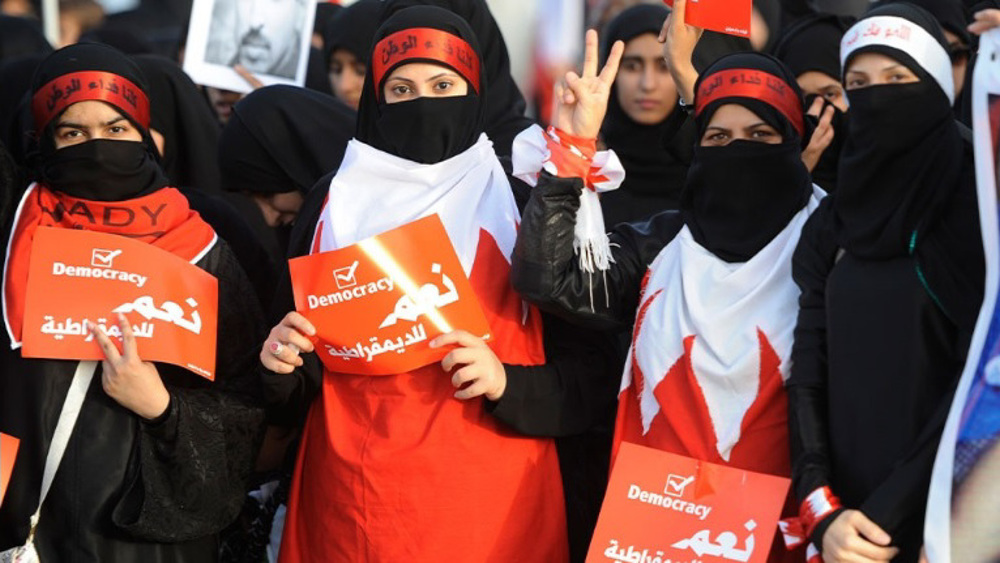

 This makes it easy to access the Press TV website
This makes it easy to access the Press TV website